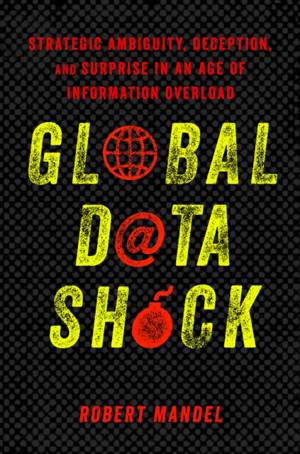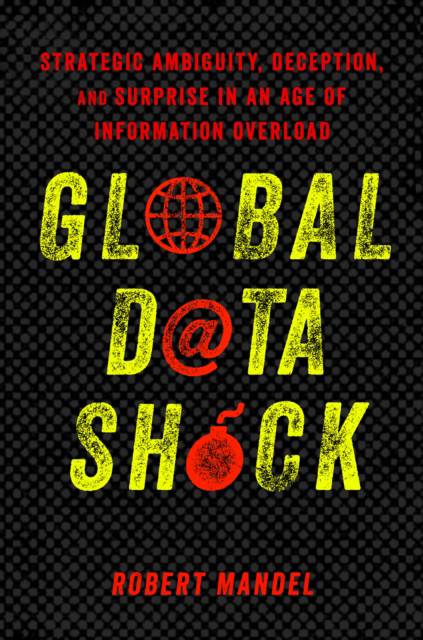
- Retrait gratuit dans votre magasin Club
- 7.000.000 titres dans notre catalogue
- Payer en toute sécurité
- Toujours un magasin près de chez vous
- Retrait gratuit dans votre magasin Club
- 7.000.0000 titres dans notre catalogue
- Payer en toute sécurité
- Toujours un magasin près de chez vous
Global Data Shock
Strategic Ambiguity, Deception, and Surprise in an Age of Information Overload
Robert MandelDescription
Intelligence and security communities have access to an overwhelming amount of information. More data is better in an information-hungry world, but too much data paralyzes individual and institutional abilities to process and use information effectively. Robert Mandel calls this phenomenon "global data shock." He investigates how information overload affects strategic ambiguity, deception, and surprise, as well as the larger consequences for international security. This book provides not only an accessible framework for understanding global data shock and its consequences, but also a strategy to prepare for and respond to information overload.
Global Data Shock explores how information overload facilitates deception, eroding international trust and cooperation in the post-Cold War era. A sweeping array of case studies illustrates the role of data shock in shaping global events from the 1990 Iraqi attack on Kuwait to Brexit. When strategists try to use an overabundance of data to their advantage, Mandel reveals, it often results in unanticipated and undesirable consequences. Too much information can lead to foreign intelligence failures, security policy incoherence, mass public frustrations, curtailment of democratic freedoms, and even international political anarchy. Global Data Shock addresses the pressing need for improved management of information and its strategic deployment.
Spécifications
Parties prenantes
- Auteur(s) :
- Editeur:
Contenu
- Nombre de pages :
- 272
- Langue:
- Anglais
Caractéristiques
- EAN:
- 9781503608252
- Date de parution :
- 23-04-19
- Format:
- Livre relié
- Format numérique:
- Genaaid
- Dimensions :
- 160 mm x 231 mm
- Poids :
- 566 g

Les avis
Nous publions uniquement les avis qui respectent les conditions requises. Consultez nos conditions pour les avis.






